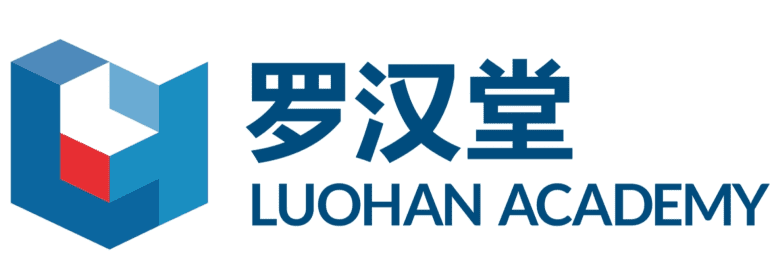- The 2024 Luohan Academy Digital Economy Conference in Shanghai focused on AI’s transformative effects on economies and societies.
- Over 50 global experts, including Nobel laureates and tech pioneers, discussed AI’s role across various sectors.
- Key topics included AI’s economic catalyst role, ethical considerations, and its potential to redefine jobs.
- Experts highlighted AI as a tool for innovation rather than a replacement for human expertise.
- Discussions emphasized the need for ethical frameworks and expert guidance in AI deployment.
- Practical applications in fintech and industrial finance showcased AI’s real-world impact.
- The conference stressed global collaboration to maximize AI’s potential and ensure responsible deployment.
Main AI News:
The 2024 Luohan Academy Digital Economy Conference, held in Shanghai from July 4-5, once again served as a pivotal platform for global thought leaders to examine the profound impact of artificial intelligence (AI) on economic dynamics and societal evolution. Bringing together over 50 distinguished experts, including Nobel Prize-winning economists and pioneering tech figures, the event fostered an environment of robust debate and deep exploration into AI’s transformative potential.
Now in its fourth year, the conference saw Nobel laureates, policy researchers, and entrepreneurs converge to exchange insights and perspectives on AI’s role in shaping the future. Discussions ranged from the economic implications of AI advancements to ethical considerations and practical applications across various sectors.
President Long Chen of Luohan Academy set the stage with a thought-provoking opening address, emphasizing the rapid pace of AI development and the critical questions surrounding its impact on economies and industries. Key themes such as “The Future of Jobs in the Age of AI,” “AI’s Economic Catalyst Role,” and “Navigating AI’s Ethical Boundaries” sparked lively debates and forward-thinking dialogue among participants.
Thomas Sargent, 2011 Nobel laureate in Economics and Professor at New York University, highlighted the evolving discourse on AI, noting shifts from concerns over software automation to broader implications for human roles. He underscored the distinction between AI as a tool versus a replacement, advocating for expert guidance to harness its full potential effectively.
Qi Yuan, Director of the Shanghai Academy of Artificial Intelligence for Science, explored AI’s vast possibilities, envisioning its capacity to uncover new scientific insights and propel industrial growth exponentially. By fostering global collaboration among top minds in science and technology, he emphasized the importance of building a robust AI innovation ecosystem.
Jiang Yugang, Vice President and Computer Science Professor at Fudan University, addressed AI’s credibility challenges, cautioning against potential pitfalls such as erroneous outputs and privacy infringements. His remarks underscored the need for rigorous oversight and ethical frameworks to mitigate risks associated with AI deployment.
The conference also delved into practical applications of AI in fintech and other industries, showcasing real-world implementations and academic research breakthroughs. Bengt Holmström, 2016 Nobel laureate in Economics and Emeritus Professor at MIT, praised these developments, highlighting AI’s transformative potential in industrial finance.
Topics like AI’s impact on aging populations, sustainable development, and global economic shifts rounded out the event’s agenda, offering new insights and strategies for leveraging AI’s capabilities across diverse domains.
Organized jointly by the Shanghai Academy of Artificial Intelligence for Science, the Research Institute of Innovation and Digital Economy of Fudan University, and the School of Economics Fudan University, the conference reaffirmed AI’s pivotal role in shaping the future of the global economy and society at large.
Conclusion:
The insights from the 2024 Luohan Academy Digital Economy Conference underscore a pivotal shift in how AI is perceived—from a mere tool for efficiency to a catalyst for profound economic and societal transformation. As AI continues to advance, businesses across all sectors must navigate ethical considerations and leverage expert guidance to harness its full potential. The emphasis on global collaboration and responsible innovation signals a strategic imperative for companies to integrate AI effectively into their long-term growth strategies.

